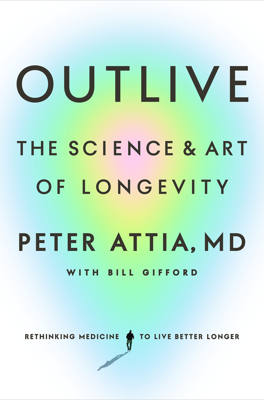The Long Game: From Fast Death to Slow Death
Peter Attia's early experiences in the ER and as a surgical resident at Johns Hopkins exposed him to both rapid deaths from trauma and slow deaths from chronic diseases like cancer. These encounters illustrated the stark contrast between fast and slow deaths and influenced his outlook on medicine and longevity.
Shift in Perspective on Longevity
- Longevity Defined: Contrary to popular belief, longevity does not solely refer to living a longer life but also improving the quality of those years, which he distinguishes as "healthspan."
- Historical Context: Life expectancy has increased, transitioning primary causes of death from acute to chronic conditions. The modern challenge is predominantly combating chronic diseases like heart disease, cancer, and diabetes.
- Focus on Early Intervention: Attia stresses the importance of addressing the root causes and initiating preventive measures against chronic diseases early, rather than managing them after they have fully developed.
Personal Journey and Professional Pivot
Following a life-changing personal health realization, Attia shifted from traditional surgical practices to focusing on nutrition, metabolism, and preventive health. This pivot was inspired by his own health struggles, driving him to delve deep into studying metabolism and chronic diseases.
Critique of Modern Medical Approach
Attia critiques the current medical approach that tends to intervene too late in the disease process. He points out several systemic flaws in how chronic diseases are diagnosed and treated:
- Reactive vs. Proactive: There is a strong focus on treatment after diagnosis rather than prevention and early intervention.
- Misguided Metric Use: For instance, the reliance on specific biomarkers like HbA1c levels for diabetes diagnosis may delay necessary interventions until the disease has progressed significantly.
Call for a New Medical Paradigm
Attia advocates for a paradigm shift in medicine, from a reactive to a proactive approach that prioritizes early intervention and prevention. This new approach aims not only to extend life but also to enhance the quality of life by delaying the onset or preventing chronic diseases entirely.
His narrative weaves personal anecdotes with professional insights, presenting a compelling argument for transforming how we perceive and approach longevity in medicine.
